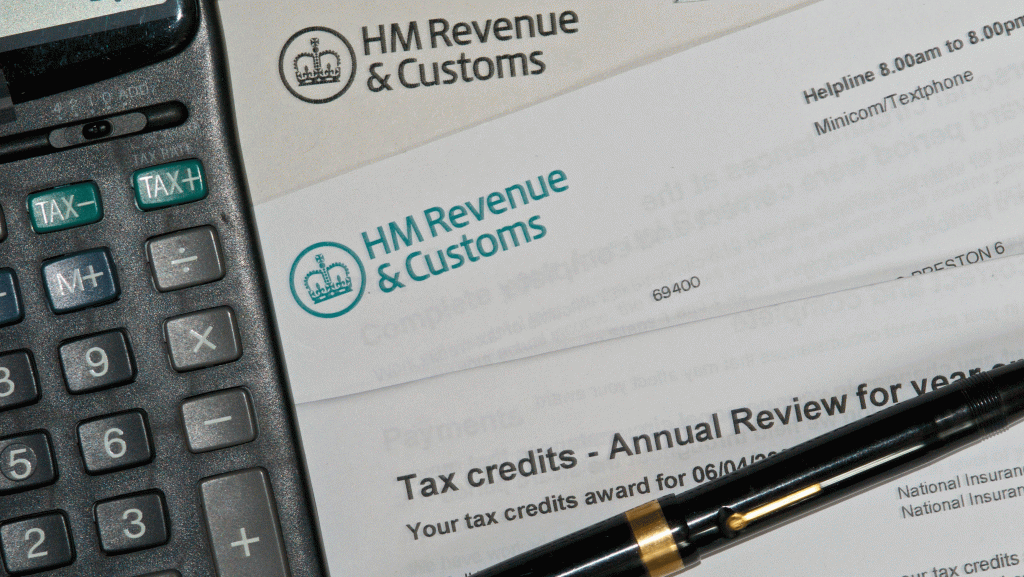How will HMRC’s radical tax plans affect you?
 rexfeatures_1227639a
rexfeatures_1227639a Farmers’ views are being sought on government plans to make it compulsory for businesses and self-employed people to use software to maintain digital records for tax purposes, which must be submitted to HMRC on a quarterly basis.
HMRC is currently consulting on its “Making Tax Digital” agenda which it hopes to phase in from 2018.
The basic aim is to move the entire tax system online and force businesses to report more frequently so that it operates on a “near real-time basis”.
See also: Beware of child tax credit changes, farming families warned
It admits that its proposals are radical and ambitious, but argues that a digital tax administration system would be “more effective, more efficient and easier for taxpayers”.
Greater certainty
Timing of new digital requirements
- April 2018 – Income tax and National Insurance obligations
- April 2019 – VAT
- April 2020 – Corporation tax
HMRC has said submitting information more frequently would give businesses greater certainty over tax bills so they don’t have to wait until the end of the year to find out how much they have to pay.
It has also proposed that any online system will have prompts built into it to alert businesses to any tax reliefs they might be missing out on, for example if they were to purchase new equipment.
Some exemptions are proposed – for example, unincorporated businesses with a turnover of below £10,000 will not be required to adopt digital reporting.
There will also be exemptions for people with religious beliefs that are incompatible with using electronic communications and those for whom online filing is not practical because of disability, age or remoteness of location.
However, it is anticipated that most farmers will be expected to file online, as they currently are for VAT and PAYE, even if they need to be supported by a friend, family member or an agent.
Have your say
The NFU is currently inviting members to submit their views on how they would be affected by the move.
The union has expressed concern about the impact of the plan because of poor broadband speeds in rural areas.
It fears the need to keep records digitally using accounting software will add additional costs and increase the administrative burden on farmers.
It has also said that many of the suggested benefits, such as being able to predict your tax liability, do not seem realistic for a farming business.
The idea of “Making Tax Digital” was first put forward in the summer 2015 Budget. The deadline for responses to the consultation is 7 November 2016.
